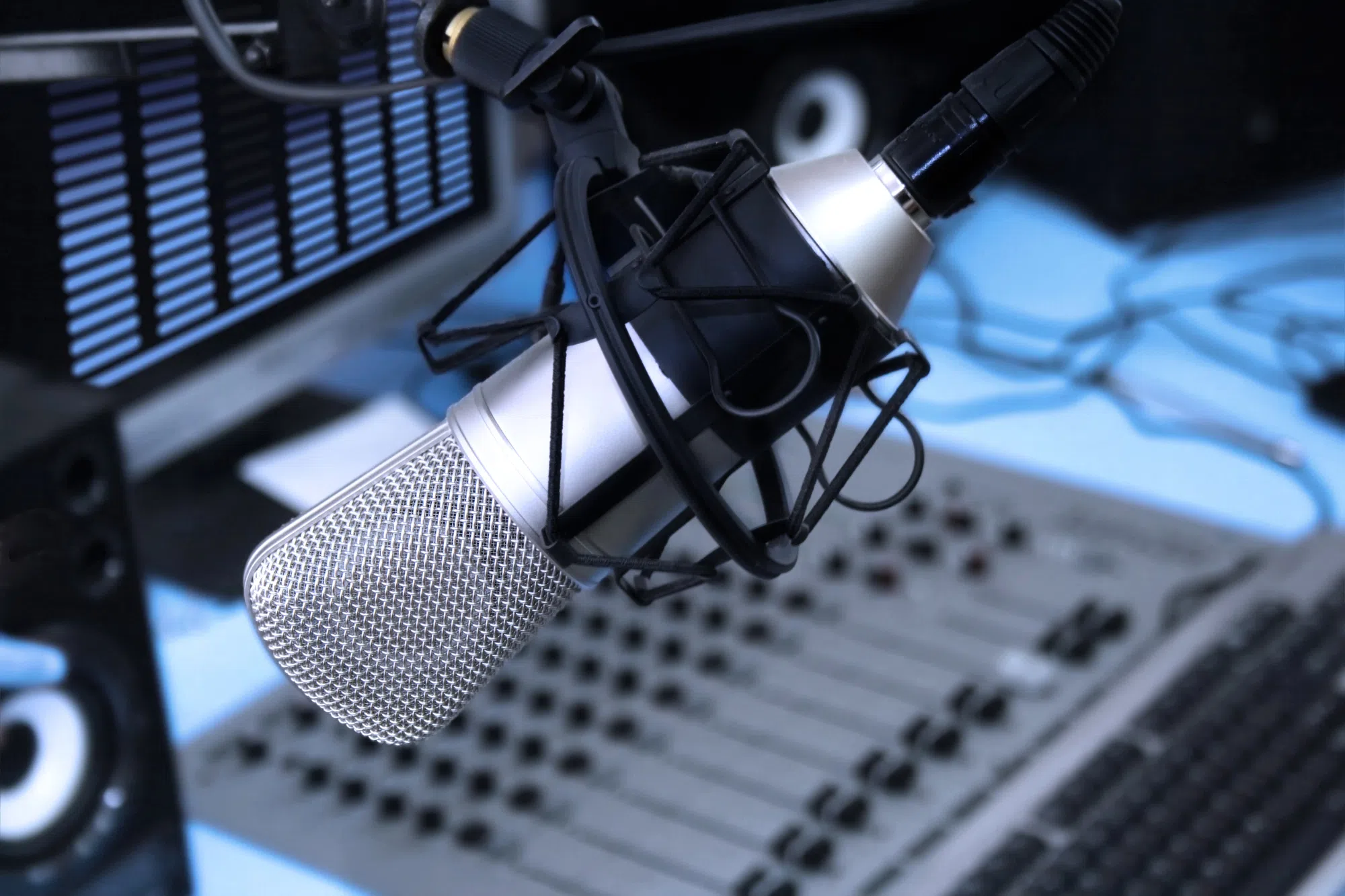
tsidvintsev / Depositphotos.com
23 years ago today the landscape of America changed forever.
At 8:46 a.m. on September 11th, 2001, a plane crashed into the World Trade Center’s North Tower.
17 minutes later, a second plane hit the south tower. 34 minutes after that, a third hijacked plane crashed into the Pentagon.
A fourth plane, which was believed to be flying toward the White House or the Capitol Building, crashed in an empty field in Shanksville, Pennsylvania, at 10:02 a.m.
Those who lived through the terrorist attacks that morning can tell you exactly where they were, including Seehafer Broadcasting Operations Manager Jim Medley.
“I was on the air doing a morning show,” he recalled. “We had the luxury of having a little black and white television, and we tuned in to that television while I scrambled in the background to get a satellite feed.”
It’s bordering on cliché to say everything changed after 9/11, but there is some truth to that statement.
Patriotism skyrocketed in the U.S. in the immediate aftermath, and airport security ramped up significantly.

Jim Medley
Some changes you may not be aware of came in the world of media.
Medley, who has been in radio since 1986, says that radio stations were very prepared for natural disasters and even a nuclear attack before that fateful morning, but they were not ready for this kind of attack.
“And today, I can tell you with good confidence, we have good systems in place to where we can react on the radio in a very rapid fashion and get the information out to the listener,” he explained.
And the ripples of the 9/11 attack can still be felt in the world of media and news.
“We’re better prepared, and we have to rethink everything and every scenario and be ready to react at a moment’s notice,” Medley assured listeners. “That’s the big difference I see.”
While being in the media made getting a reprieve from reality much more difficult, Medley said he would use music as an escape.
His genre of choice was the “oldies” and the music he used to listen to growing up.










